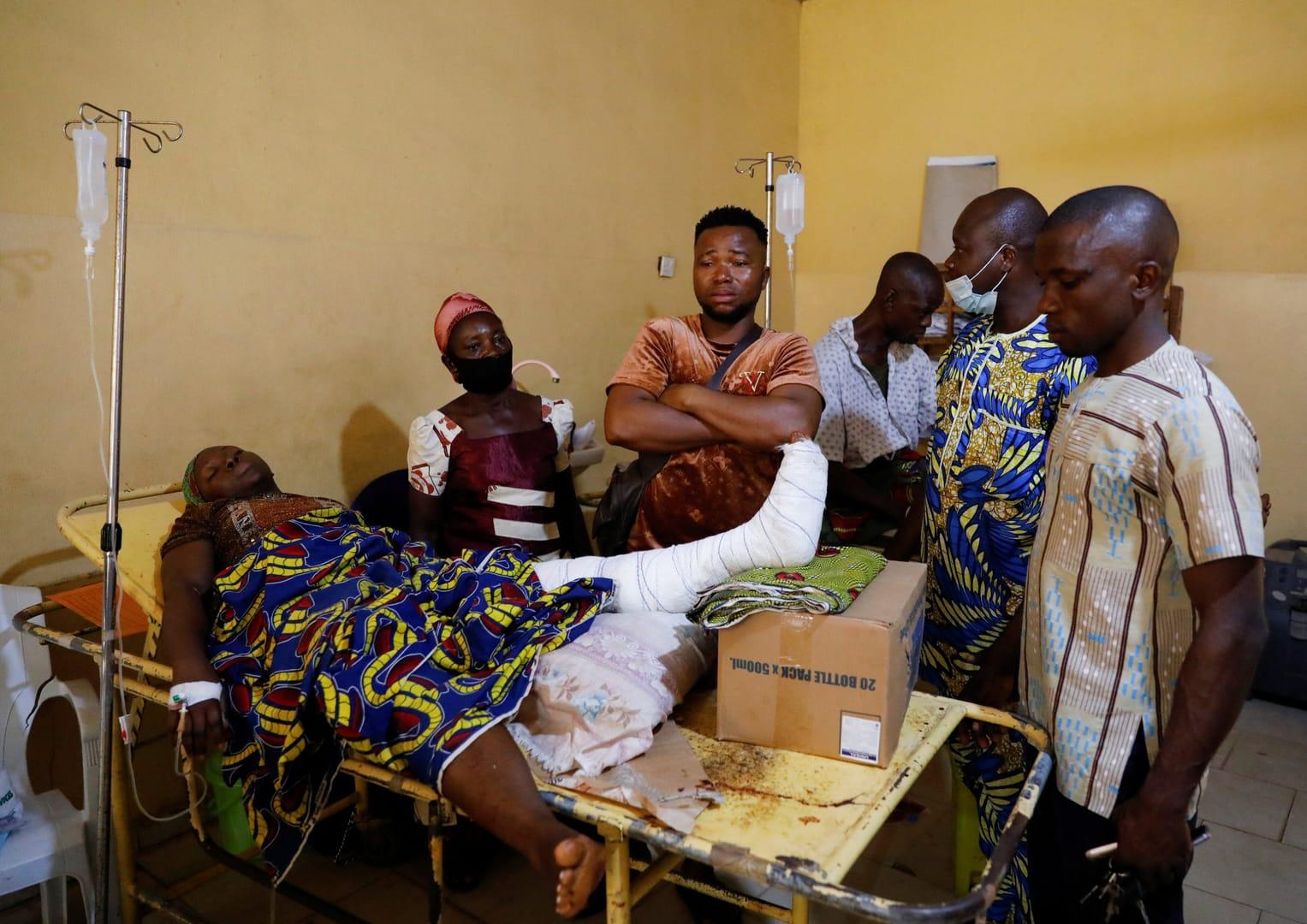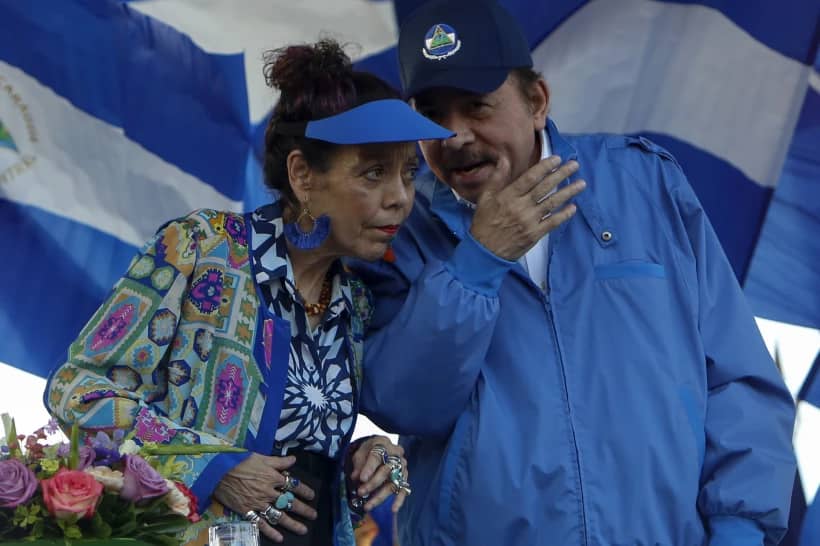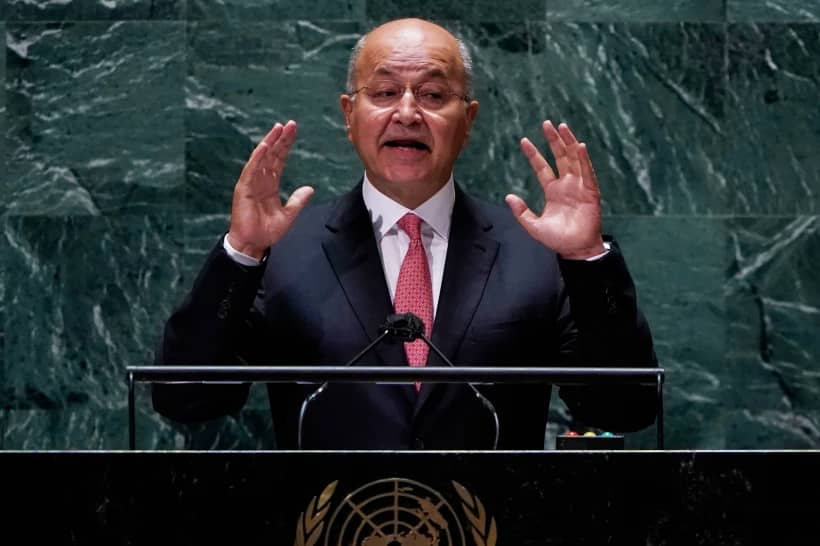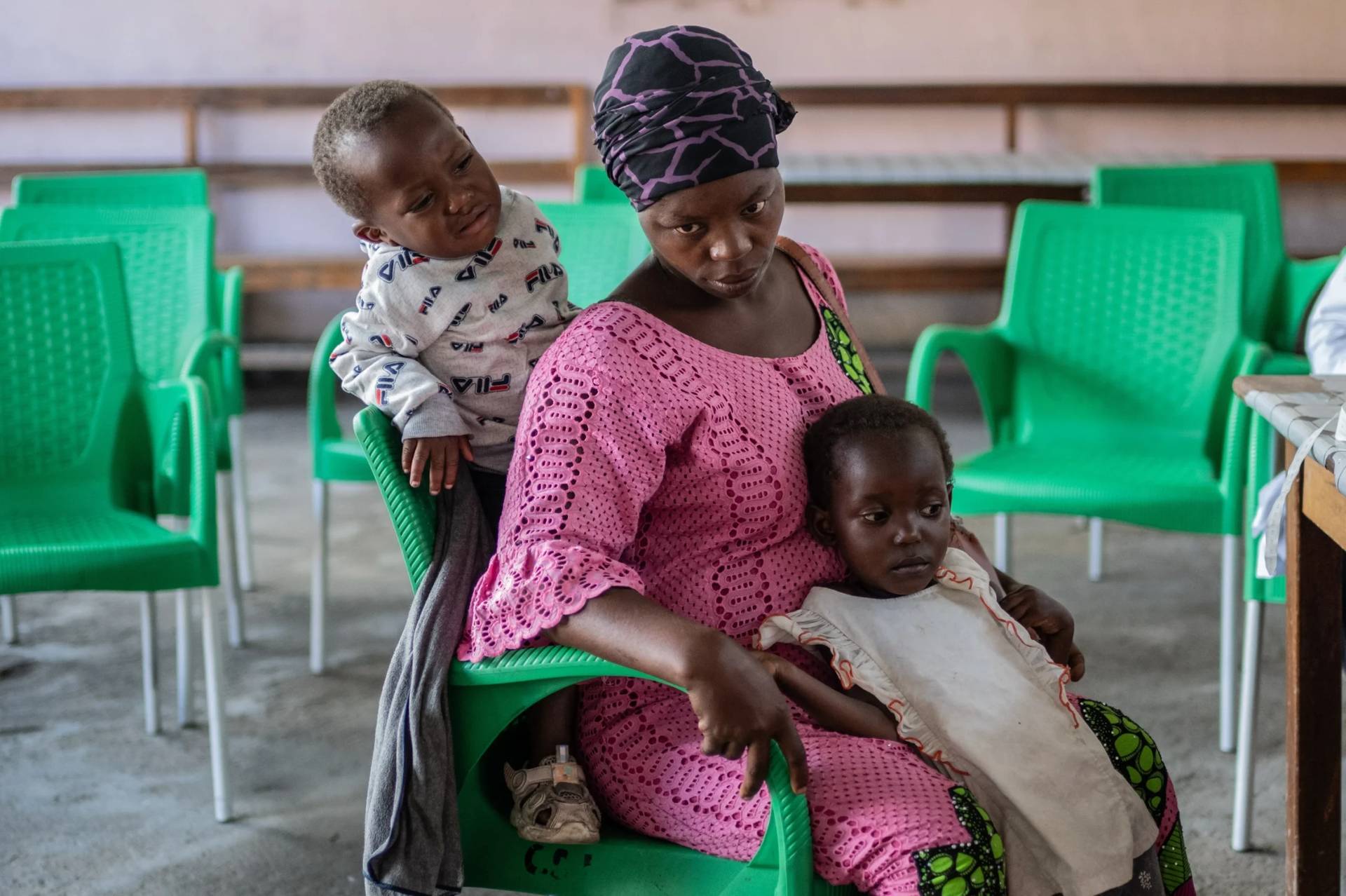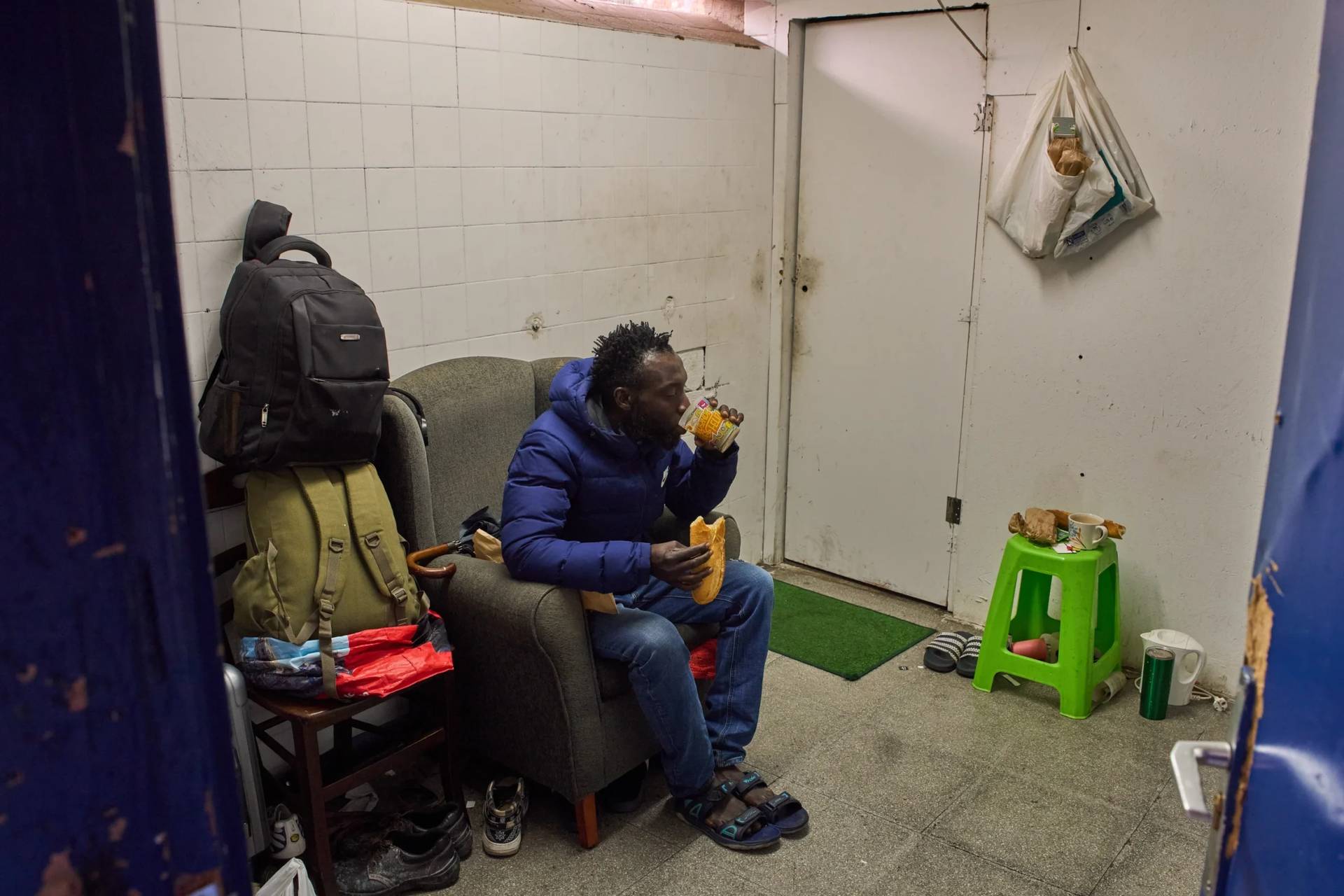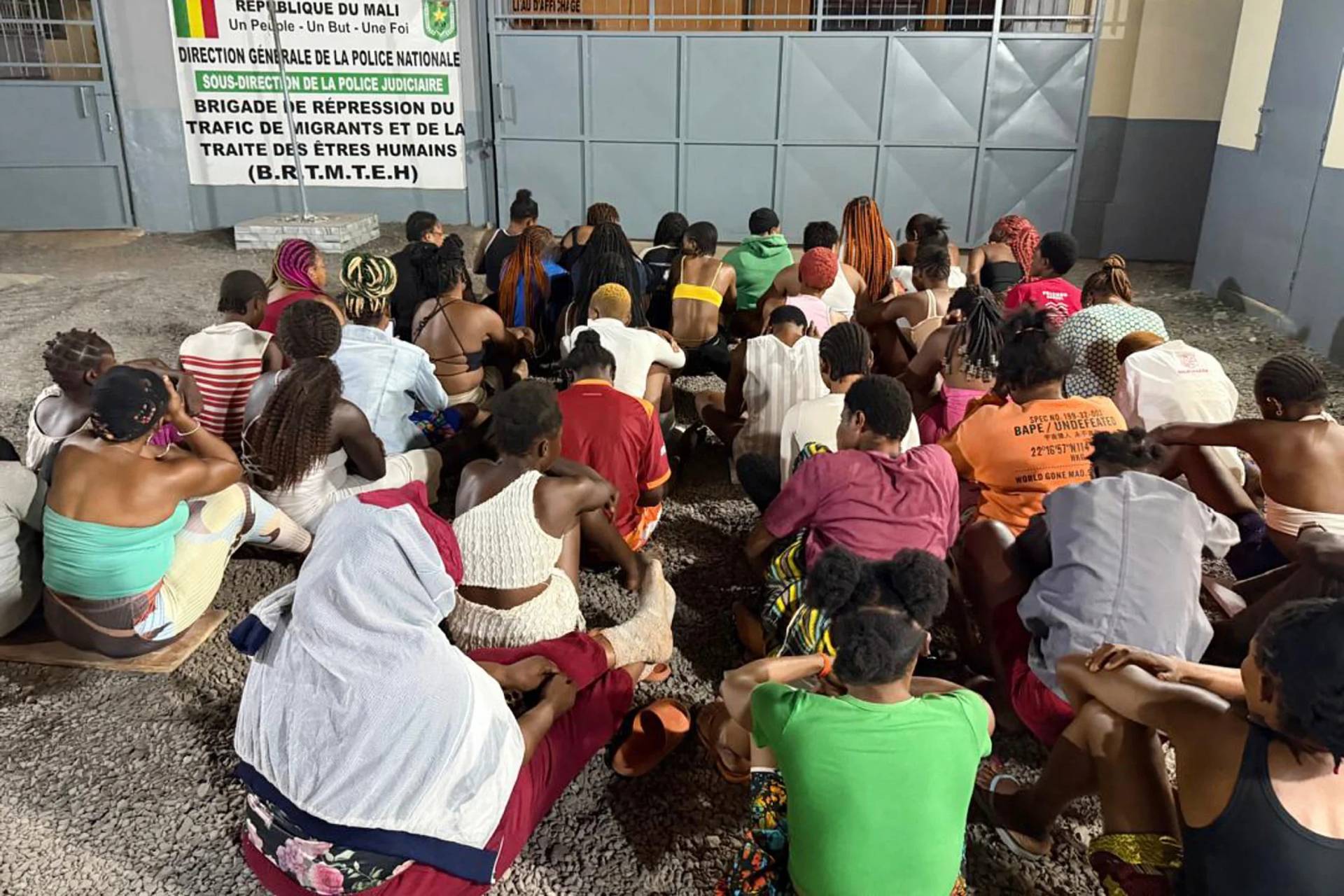NEW YORK – At the same time gunmen killed dozens at a Catholic church in southwest Nigeria on June 5, Father Athanasius Abanulo was celebrating Mass at his nephew’s parish in Imo State for over 600 congregants. It is his first trip back to the African nation in seven years.
At the time, news of the shooting hadn’t spread. As he describes, “little children were happy, not knowing that some families elsewhere were grieving.” That feeling soon changed.
“This has really thrown the nation upside down,” Abanulo told Crux. “I’ve never seen our people so upset as they are today. They’re angry. Everybody is complaining, but what do we do?”
“Nothing. So this is exactly what we’re going to do now: People have to be careful where you go because Christians are victimized.”
Abanulo, who goes by “Father A,” is the pastor of Immaculate Conception Catholic Church in the Diocese of Birmingham, Alabama. He came to the U.S. in 2003, and has served in the archdiocese since 2018.
He recently spoke to Crux about the local reaction to the June 5 attack, and the daunting reality Christians in southern Nigeria face as attacks and insecurity have spread.
The attack happened at St. Francis Catholic Church in the town of Owo in Ondo State. A June 8 memo from Bishop Jude Ayodeji of Ondo states that 38 people were killed, and “about 61” patients remain hospitalized. Details about who carried out the attack and why remain murky.
No one has claimed responsibility for the attack, though lawmakers in the region allege it was Fulani herdsmen, who are Muslim. Because no one was kidnapped in the attack, Ayodeji deduces that the motive was either to terrorize Christians, or send a political message to the Ondo state Gov. Rotimi Akeredolu, according to the statement.
The Diocese of Ondo announced on June 9, that Ayodeji and other Nigerian clergy met with Akeredolu, and at the meeting Ayodeji requested a “strategic” piece of land given by the state where a park can be built and beautified “in a way that gives some to humanity even in death.”
“We have to let these evil doers know that we cannot be defeated and that when we come out, we come out strong,” Ayodeji said in a speech, according to the diocese.
Abanulo said the current state of Nigeria demands global intervention.
“If there is any help from any part of the world, we need it,” Abanulo said. “We need help in terms of whatever it takes to come and intervene militarily and otherwise. I’m asking, we are praying, whatever it takes for world leaders to come to the help of especially Christians.”
Fulani herdsmen have carried out numerous attacks in the northern and central regions of Nigeria. The country is almost evenly divided between Muslims and Christians: Muslims predominate in the North, Christians in the South, and they are fairly evenly divided in the country’s “Middle Belt.” Fulani raiders have rarely attacked the country’s South.
Abanulo said that is no longer the case.
“Here people are being kidnapped. Here people are being robbed. People are being killed every day,” Abanulo said. “As I talk to you people are being kidnapped. People are afraid of going about their business, to farm, to travel, to do business.”
“Nigeria has really changed from what it was when I was growing up,” he added.
The concern of Nigerian Christians is reflected in Abanulo’s own visit home. The priest said he only told his nephew about the trip and surprised his family with his arrival out of a fear that telling multiple people was a risk.
Abanulo said he’s kept a low profile and mostly stays indoors, saying that his family is “protecting me, guiding me, and making sure that I don’t get into trouble.” Still, he hasn’t gone far outside of the village because he doesn’t know what he’ll “meet on the road.”
Abanulo leaves Nigeria next week and said the mental images of what his country has become will never leave his mind. He acknowledged there’s trepidation about leaving his family after witnessing the unstable situation that exists, but said, “you can only do what you do, and then leave everything in the hands of God.”
“Truly, I will be worried, but I pray that God will help,” Abanulo said. “If we’re able to get global movements and then also the church to step in that would be wonderful. Maybe that’s how God will help get attention on our people here.”
Follow John Lavenburg on Twitter: @johnlavenburg
